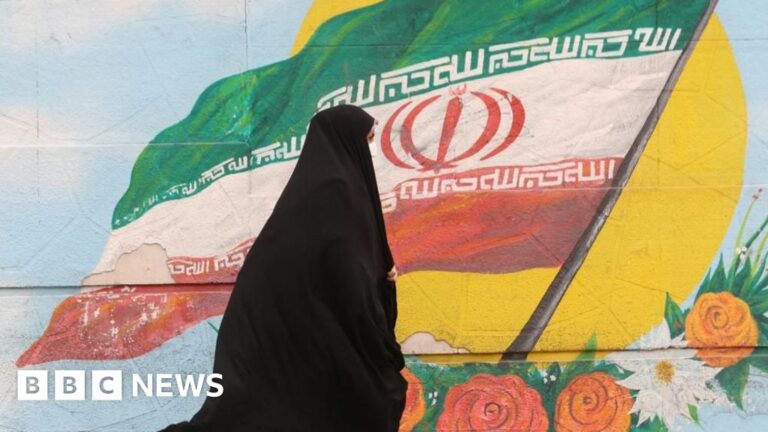Iranian President-elect Masoud Pezeshkian presented himself as an unpredictable candidate and defied expectations by winning the presidency against his hard-line rival Saeed Jalili.
Mr. Pezeshkian is remarkable because he is a “reformist,” but not a liberal, democracy-loving reformist in the universal sense of the term.
In Iran, the “reformists” constitute an ideological faction of the ruling elite of the Islamic Republic.
They are Islamists, like their conservative rivals, but believe that a more moderate version of the regime’s ideology could better serve both the ruling clergy and Iranian society.
The reformists led the administration from 1997 to 2005 and were part of a de facto coalition when Hassan Rouhani, a conservative turned centrist, was president between 2013 and 2021.
They often called for a freer and more democratic society.
But in the 2024 elections, unlike the previous reformist government of the late 1990s, promises of a freer and more democratic society were not part of their campaign.
Since the 1990s, Iran has experienced multiple waves of dissent and repression. Reformists themselves have faced severe political repression, including many high-profile figures. spend time in prison over the past two decades.
Although they are members of the establishment, it is widely acknowledged that they lack influence over crucial centers of power, such as the Office of the Supreme Leader, the Guardian Council, the Islamic Revolutionary Guard Corps (IRGC) and the Supreme National Security Council.
When former hardline President Ebrahim Raisi was killed in a helicopter crash in May and Mr Pezeshkian prepared his presidential campaign, he chose a strategy very similar to that of Hassan Rouhani in 2013: focusing on the economic difficulties the country has faced for years due to Western sanctions – and blaming his conservative rivals for causing them with their “radical” anti-Western positions.
As part of his campaign, Mr. Pezeshkian recruited Mohammad Javad Zarif, the country’s former foreign minister who helped lead the strike. the nuclear deal in 2015. Although Mr Zarif is not a reformist per se, he campaigned extensively for Mr Pezeshkian.
In his manifesto, Mr Pezeshkian said his foreign policy would be “neither anti-Western nor anti-Eastern”. He criticised former President Raisi’s policy of drawing the country closer to Russia and China and insisted that the only way to resolve the economic crisis is to negotiate with the West to end the nuclear standoff and ease sanctions.
However, during the campaign, Iran’s Supreme Leader Ayatollah Ali Khamenei criticized these ideas. Mr. Khamenei called those who believe that prosperity comes from friendlier relations with the United States “deluded,” emphasizing that it was the United States, not Iran, that was primarily responsible for the country’s success. took of of the nuclear deal.
Under Iran’s constitution, Mr. Khamenei is the chief decision-maker; he is an 85-year-old Shiite cleric who was a revolutionary in 1979 and rose through the ranks to become head of state in 1989. He is known for his ideological animosity toward Israel and the United States, his deep distrust of the West and, over the past two decades, his active support for a doctrine called “looking east,” which means ending the old non-aligned policy and tilting toward China and Russia on the world stage.
One of the most important aspects of Iran’s policy in the region is the actions of the Quds Force (the external arm of the IRGC). The president has no direct control over it and only the Supreme Leader can decide on its actions.
Mr Khamenei has repeatedly said – including just three days before the first round of this election – that the actions of the Qods Force are essential to the country’s security doctrine.
So when Mr. Pezeshkian talks about a different foreign policy with a friendlier approach toward the West, the chances of seeing changes in Iran’s activities in countries like Lebanon, Syria and Yemen are slim.
Nevertheless, the president is Iran’s most senior diplomat, and the foreign ministry can still help shape and implement policy.
They have the opportunity to push their vision through behind-the-scenes political lobbying, as happened in 2015 when the then-centrist president, Hassan Rouhani, convinced hard-liners, including Mr. Khamenei himself, to accept the deal.
Moreover, the administration could have a significant impact on public discourse and promote policies that are not entirely in line with Mr. Khamenei’s position. Such nuances are the reformists’ only hope of delivering on their promises and breaking down what Mr. Pezeshkian called the “walls that have been built around the country by hard-liners.”


